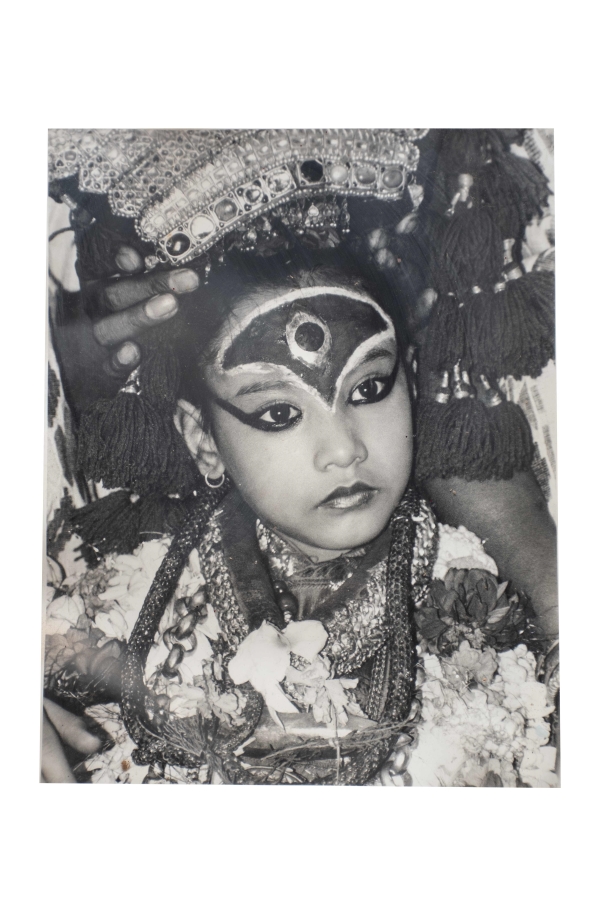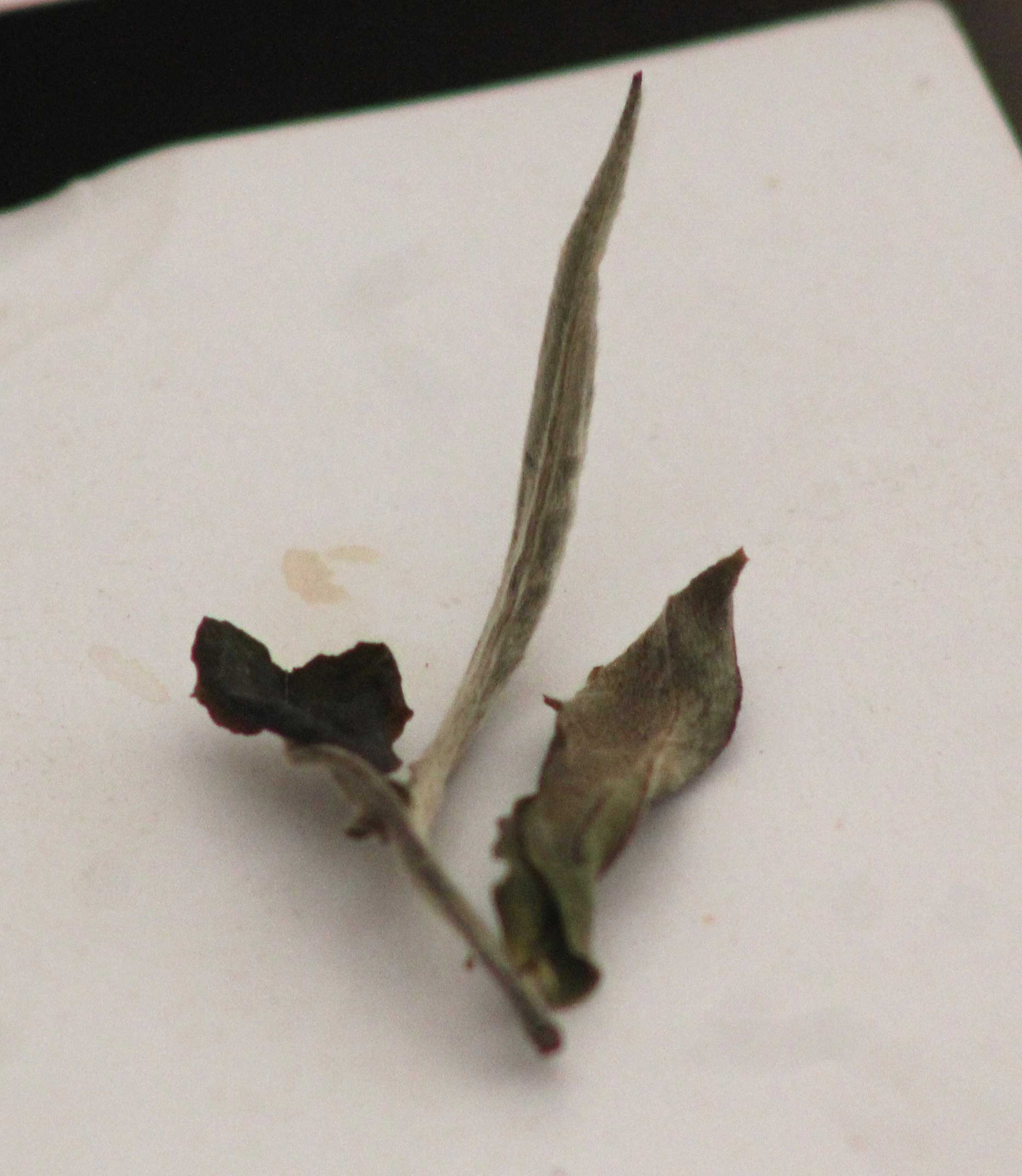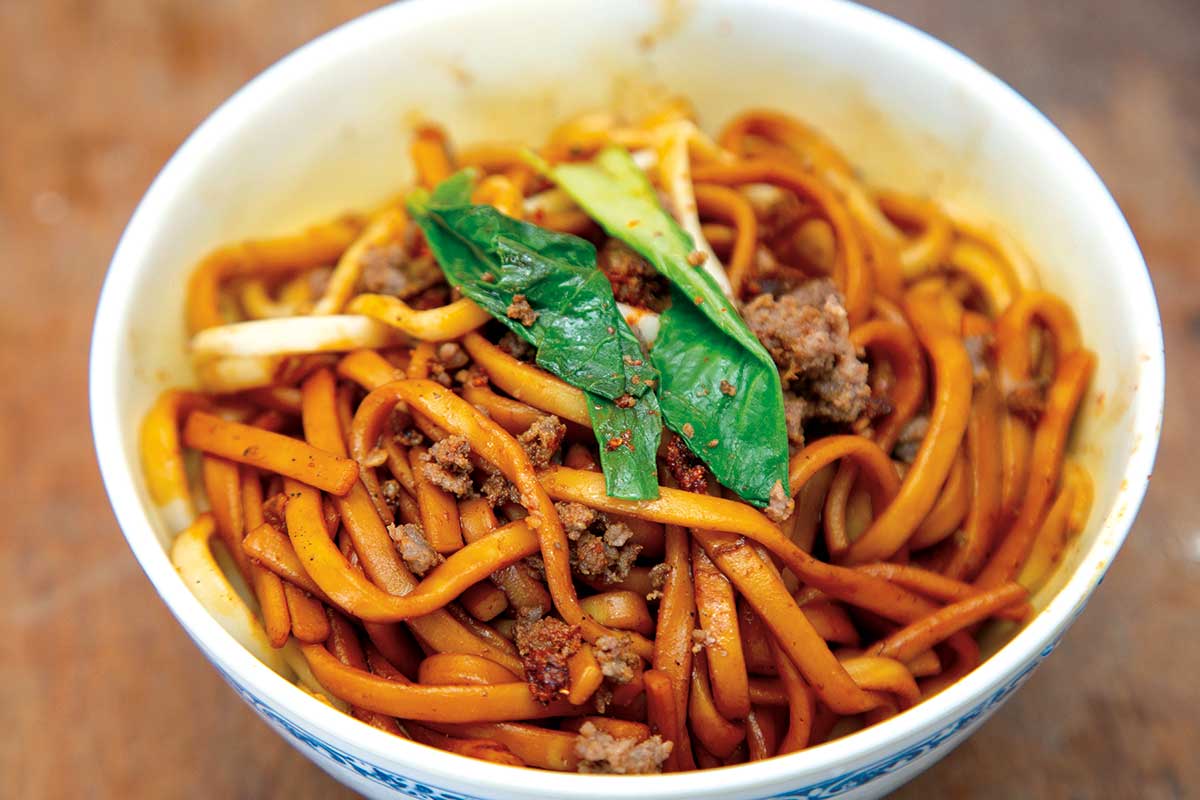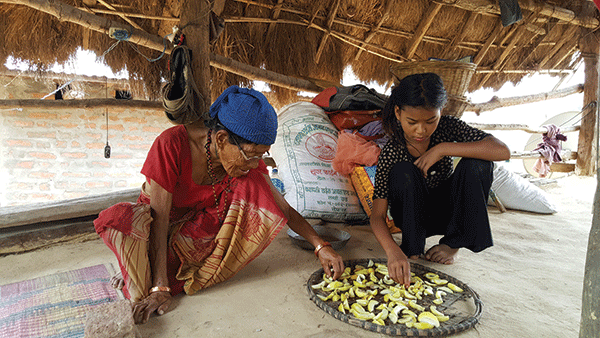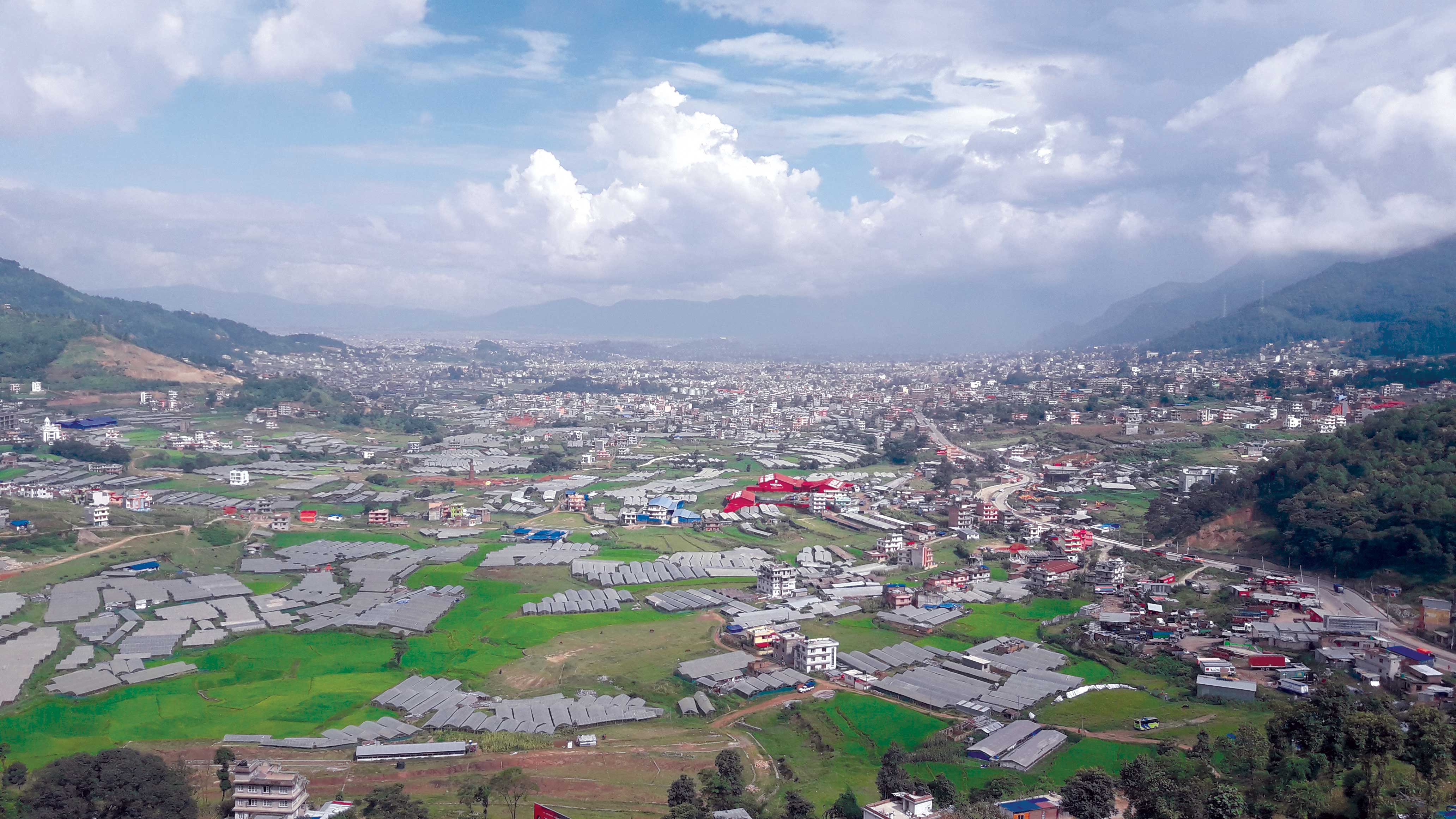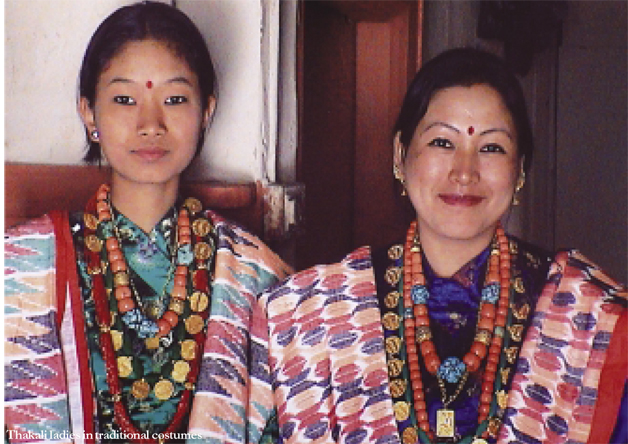
The richness of culture in Nepal can be judged by the innumerous red markings on our calendar. Yet another clan, another set of delicacies, another festival, all in a year.
While every other person is enthusiastically engaged in decorating the other with colorful hues and water during the time of “Holi”, one of the festivals of Nepal profoundly enjoyed by all, there is a unique kind of celebration that takes place inside a Thakali household. “Falgun Purnima”or “Toran la”, generally known as Holi, is the biggest festival of the Thakali clan. It is celebrated on the first month of New Year of the Thakali Calendar, which usually falls in March of the Gregorian calendar.
Thakali people are originally from Thak-Khola, Mustang. The Thakalis are a strictly endogamous group, distinctly divided into four exogamous clans. The four clans are equal in status socially and ritually. However, on the basis of precedence in worship, the Gauchan clan usually comes first, followed by Tulachan, Sherchan, and Bhattachan. Each clan group has a distinct clan god represented by an animal totem, such as a dragon, elephant, snow leopard, and yak for Gauchan, Tulachan, Sherchan and Bhattachan, respectively.
The main reason behind celebrating Toran La is to worship ancestors and forefathers, appreciating what they have done for the community. The festival is in tune with Dashain in the east and thanksgiving of the west as there are many similarities reflected in these celebrations; akin to cleaning the houses, gearing up in new attire, cooking delicacies, gathering and merrymaking. It is a three-day festival and on the three nights; before, after and the night of Purnima, “Khimi” is prepared which serves as an offering to ancestors. At midnight, thakali women bathe and prepare the “Khimi” which consists mainly of alcohol, milk and chyang (a local homemade rice beer) kept in a bowl placing ghee at its three ends. The rest is made up of varieties of vegetables and cooked meat that are then kept in a bota (bowl) made out of Saal leaves and burnt. The resulting scent is meant to reach the ancestors. While the offerings are kept in a pure and safe place, the head of the family takes the name of their ancestors who are very dear to them, along with those of the deceased helpers to respect their presence in the ancestors’ lives.
Apart from this, they assemble in the villages or in the cities, at the “Thakali Samaj Ghar”, their community House. The Men engage in archery whilst the women gleefully dress up in thakali dress “Noghan Cholo” and along with the children are found playing cards, devouring delicacies, dancing and generally amusing themselves. Archery, popularly known as “Tara” among the thakali people, is played extensively during Toran la, where the archer has to aim and hit a human-like figure at a distance of 10m and aim for the heart. An archer is allowed two arrows and is given 20 shots over 10 rounds each from one side. The men make up teams and collect money, which is the prize for the winning team.
Individually at their homes, the significance of Holi is also celebrated by drenching one another with water and making each other’s faces unrecognizable with every kind of color available in the market. During mid-day, Thakali men and women are found sitting back and relaxing to a game of Kaudo or Nakabhotey while they sip their homemade chyang along with selroti, mutton kababs, radish pickle and so on.
Another major reason why this festival holds so much importance to Thakalis is the fact that the brothers invite their married/unmarried sisters and their families for a day-long event on the day of Purnima (full moon). They cook Thakali specialties and offer them in silverwares according to tradition as a sign of respect, drink chyang which is made a month prior to Toran La. The afternoon and evening is cheerful, as brothers and sisters join in for a game of cards, Kaudo, fun and frolic that acts as a much-needed break while we adhere to the monotonies of life. This festival is very meaningful for the thakalis as it teaches the future generation to pay respect and homage to their ancestors, who laid the foundation for them and secondly, it is festivals like these that keep the bonds and good spirits alive.


